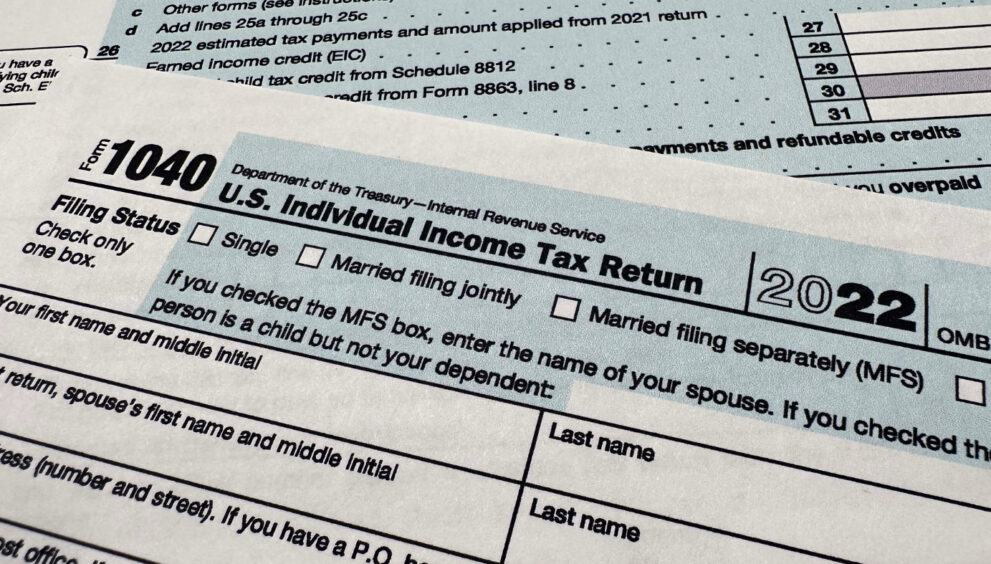Technology Accelerates Tax Season, But Audit Period Stays Same

When taxpayers file their tax returns this year, they will hope that they have fulfilled their civic duties and can relax for a while — until the next spring.
However, for many taxpayers, there is no immediate relief. In accordance with current regulations, the IRS typically has three years to audit their tax returns. This lengthy timeframe was established back in 1934, reflecting a time when calculators did not exist, tax returns were done on paper, and most audits were face-to-face due to the absence of telephones.
Fast-forward to the present day, characterized by advanced technology. Modern computer software now has the ability to undertake 1.102 quintillion operations per second. Almost everyone carries a cell phone, providing instant access to information. Artificial intelligence has revolutionized our personal and professional interactions.
These technological advancements have proven beneficial for both taxpayers and the IRS. For individuals, software helps eliminate mathematical mistakes, and over 90% of income tax returns are filed electronically. Even paper returns can now be scanned and processed digitally.
For the IRS, receiving third-party tax information returns, such as Form W-2s and 1099s, which total over 5 billion annually, offers valuable insights to monitor taxpayers’ reporting practices. Combining computer software with AI has made detecting tax evasion much easier.
Put simply, technology has accelerated processes. The IRS no longer requires three years or 1,095 days to manage returns, select them for audit, and contact taxpayers.
Considering the benefits of shortening the audit period, it would likely lead to taxpayers having better records and memories to defend their reporting positions. Additionally, the IRS could enhance its reputation as an agency capable of efficiently handling its responsibilities of collecting revenue and assisting taxpayers in fulfilling their civic duties.
A few years ago, Congress approved $80 billion for the IRS (some of which has been revoked). This funding was crucial as the agency was facing financial difficulties, ensuring taxpayers receive top-notch service and increased compliance.
Nonetheless, Congress overlooked requesting a reduction in the audit period for taxpayers regarding their reported tax positions. This would align with the objectives of Elon Musk’s Department of Government Efficiency.
In the words of House Speaker Mike Johnson (R-La.), “Taxpayers should receive better service. They deserve a more responsive government, a more effective government.”
On the topic of tax reform, Republicans and Democrats may not agree on various matters. However, politicians from all political backgrounds should see the value in giving constituents a well-deserved mental break after fulfilling their annual tax obligations.
Trimming the current three-year statute of limitations set by the IRS to assess additional tax down to two years presents a valuable opportunity.
Jay A. Soled is a distinguished professor of Taxation at Rutgers Business School. Leslie Book is the John H. Buhsmer Esq. ’84 Endowed Professor of Law at Villanova University’s Charles Widger Law School.






















































































































































































































































































































































































































































































































































































































































































































































































































































































































































































































































































































































































































































































































































































































































































































































































































































































































































































































































































































































































































































































































































































































































































































































































































































































































































































































































































































































